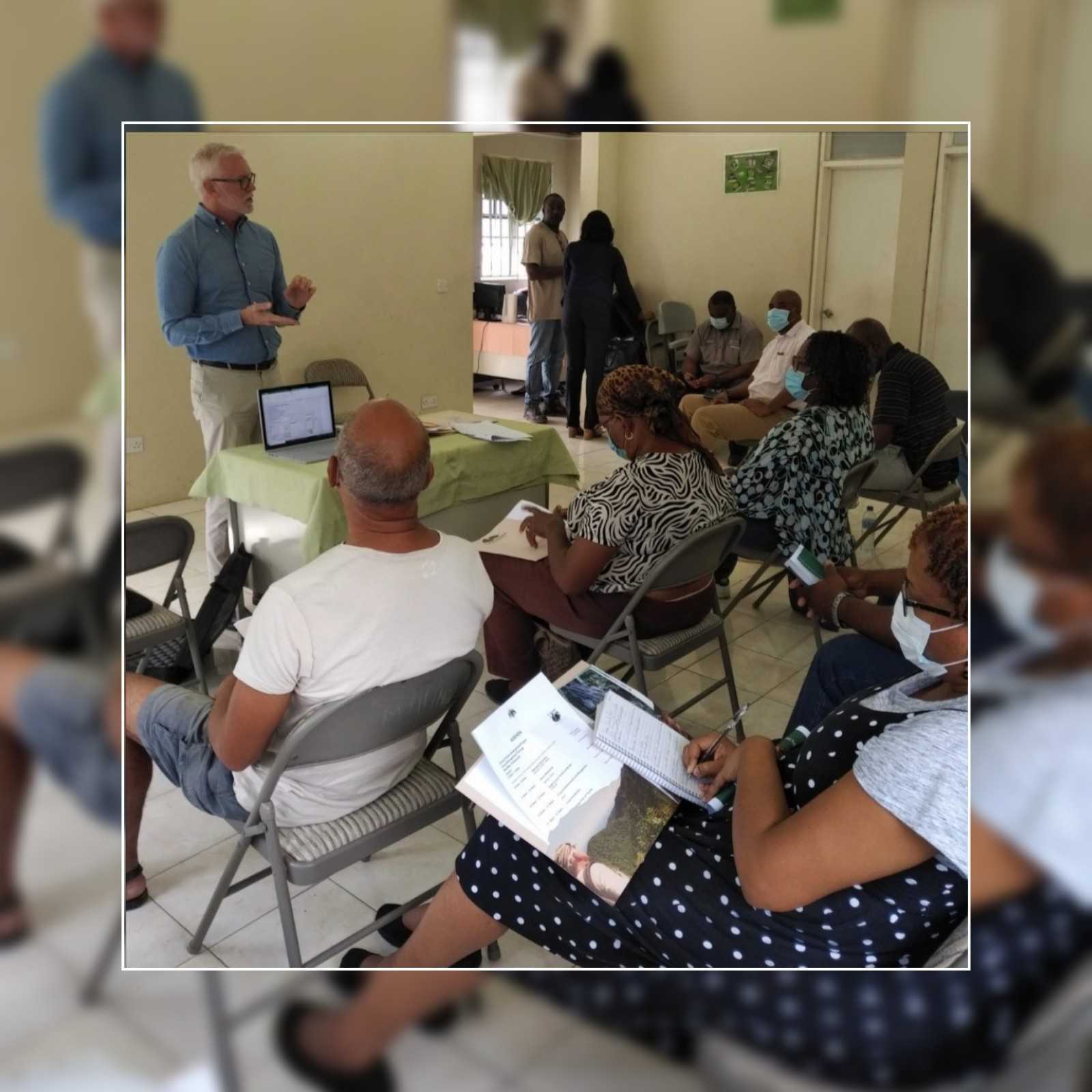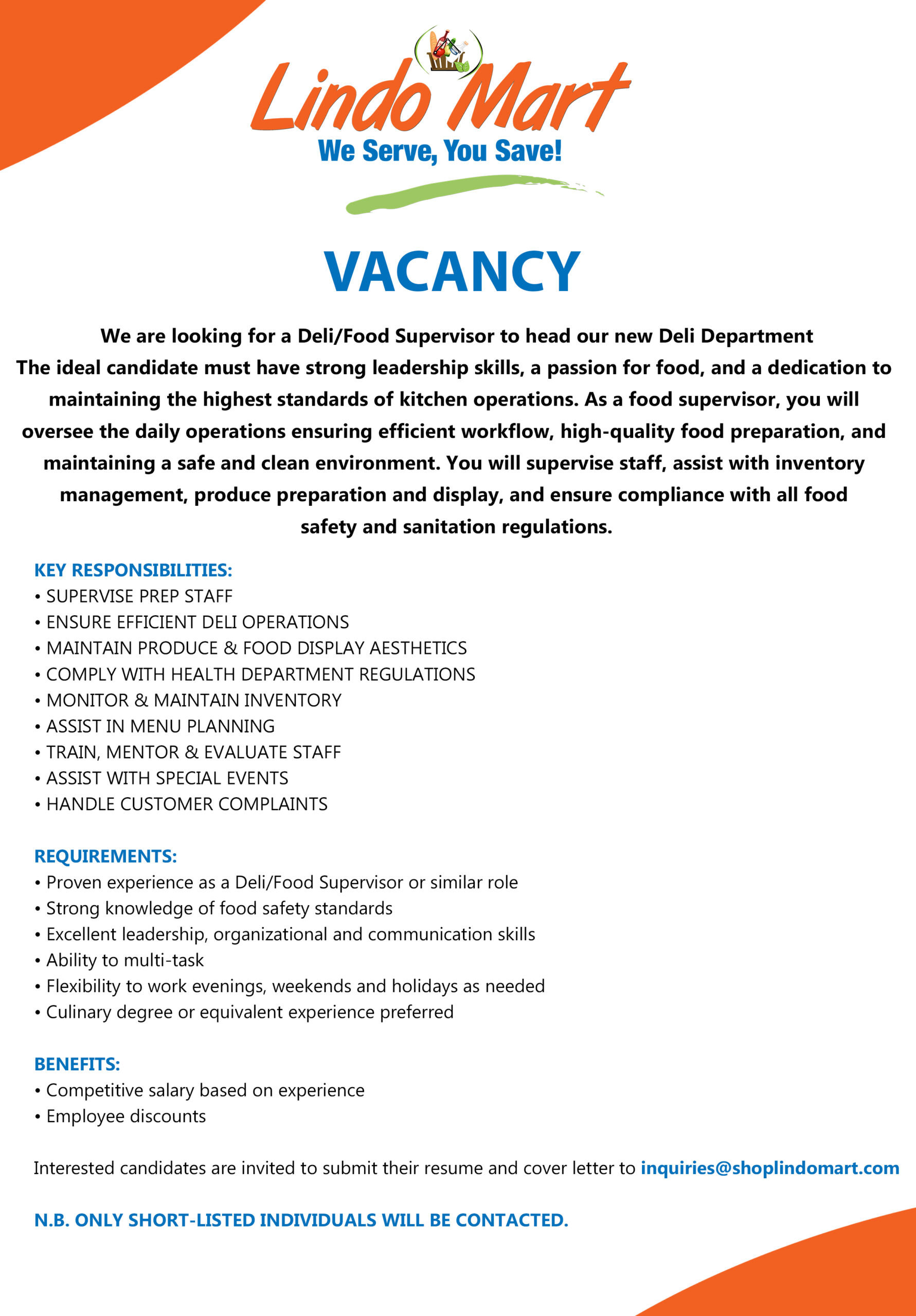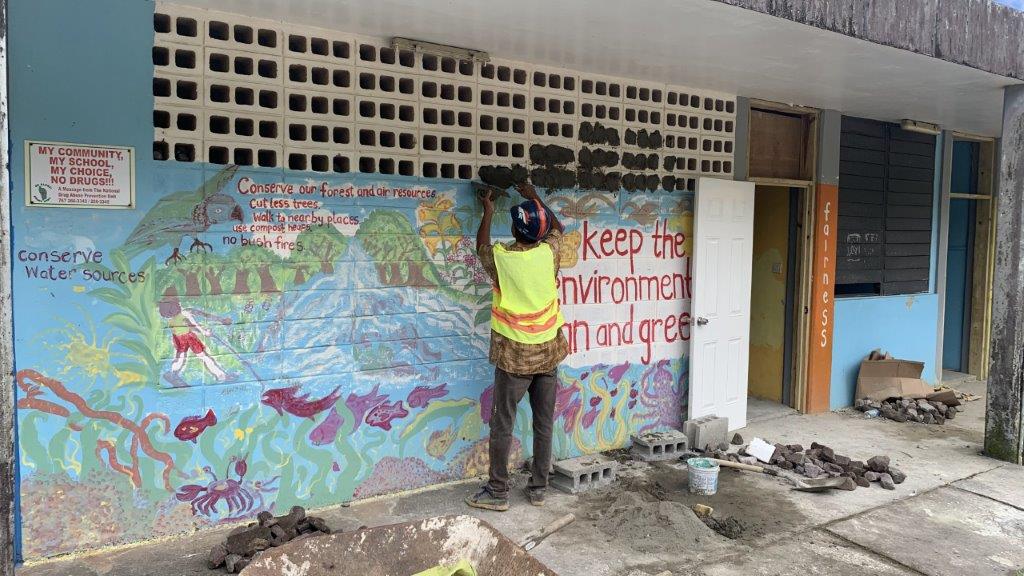
Portsmouth, Dominica – February 23, 2021 – “A powerful, fantastic and extremely useful tool which should be in the hands of every cocoa farmer in Dominica. I am looking forward to its implementation.” These were the words of one cocoa farmer who attended the recent Cocoa Cluster Development Project Cocoa Management Training in Portsmouth.
The training was coordinated by the Cocoa Cluster Development Initiative and Dominica Export Import Agency (DEXIA) and provided the forum for Brent Barnette, Economic Growth Lead with the Climate Resilience Execution Agency (CREAD) to unveil the draft Cocoa Financial Model developed specifically to help cocoa farmers understand the cost drivers that affect the profitability of growing cocoa, while understanding how cocoa production can contribute to a sustainable source of income.
This led to a spirited discussion among the 13 cocoa farmers and two Ministry of Agriculture Extension Officers who attended. Meaningful and thoughtful suggestions to tweak and improve the model as well as commending the functionality and timeliness of such an innovation was predominant in the dialogue. Another farmer noted that it would also lead to helping farmers to realistically negotiate top dollar and determine profit and loss.
DEXIA’s Cocoa Cluster Development Manager, Taletha Laudat led the session alongside DEXIA’s Head of Export, Promotion and Development, Lloyd Pascal who together spoke to the farmers about the importance of recordkeeping; data management; crop husbandry; crop establishment and management.
CREAD will continue to work closely with DEXIA towards full implementation of the Cocoa Financial Model for the benefit of all cocoa farmers in Dominica initially, with a view to extending to the wider farming population in the future.
The Climate Resilience Execution Agency for Dominica (CREAD) leads and coordinates strategic initiatives across sectors in the Commonwealth of Dominica with the goal of rebuilding the country as the world’s first climate resilient nation. CREAD acts to bolster the ability of the business community, public services, and social sector partners to build strong and resilient communities, develop adaptive infrastructure, accelerate economic growth, strengthen institutional systems, enhance Dominicans’ capacity to respond to the local impacts of global climate change, and set an example for the rest of the world on how to respond to the challenges of a changing climate.






